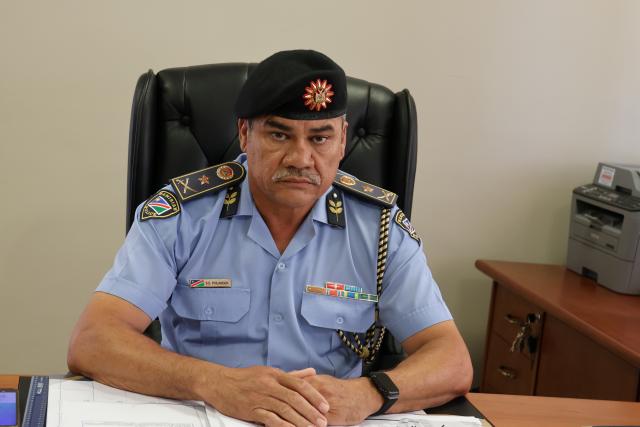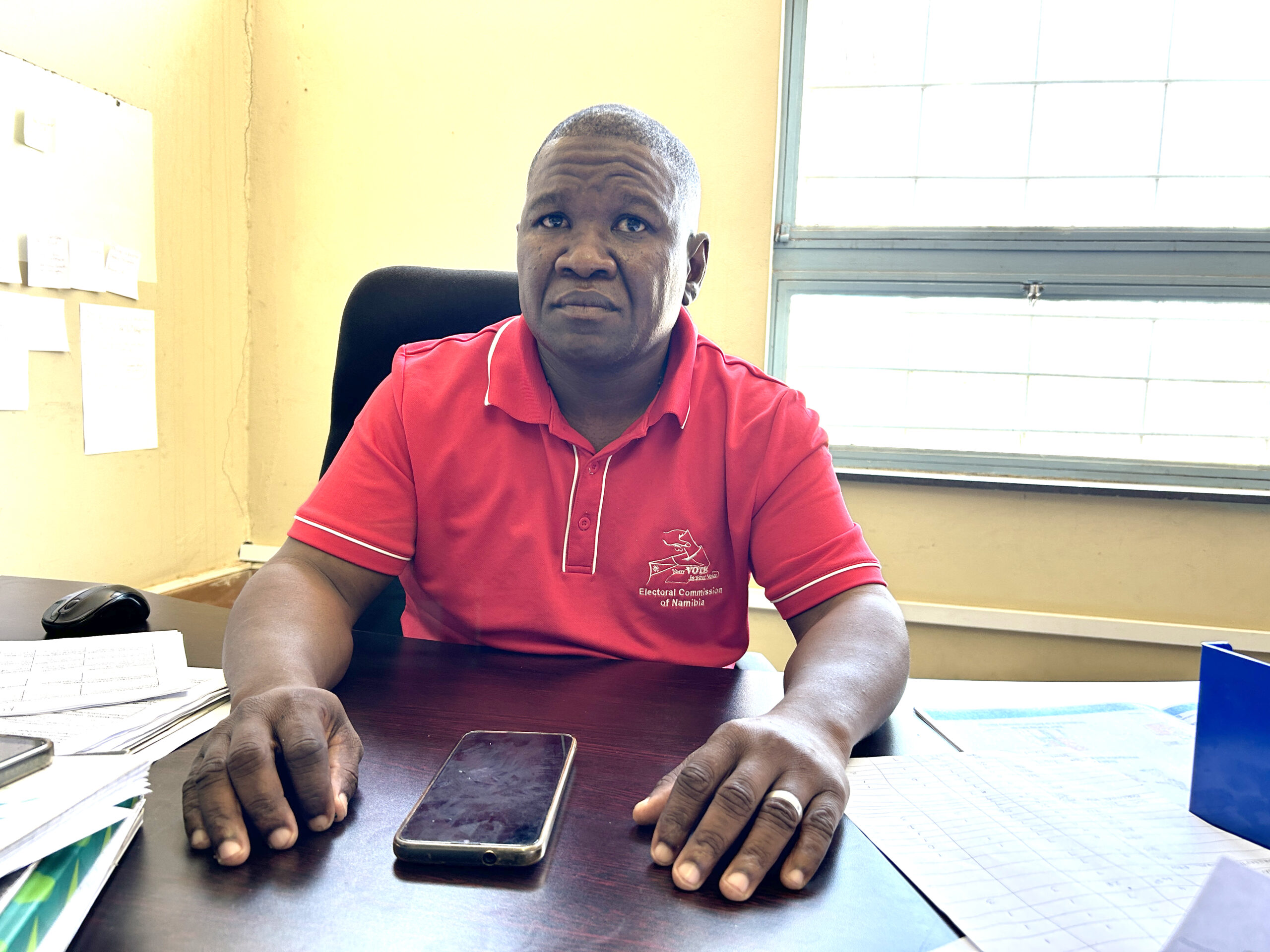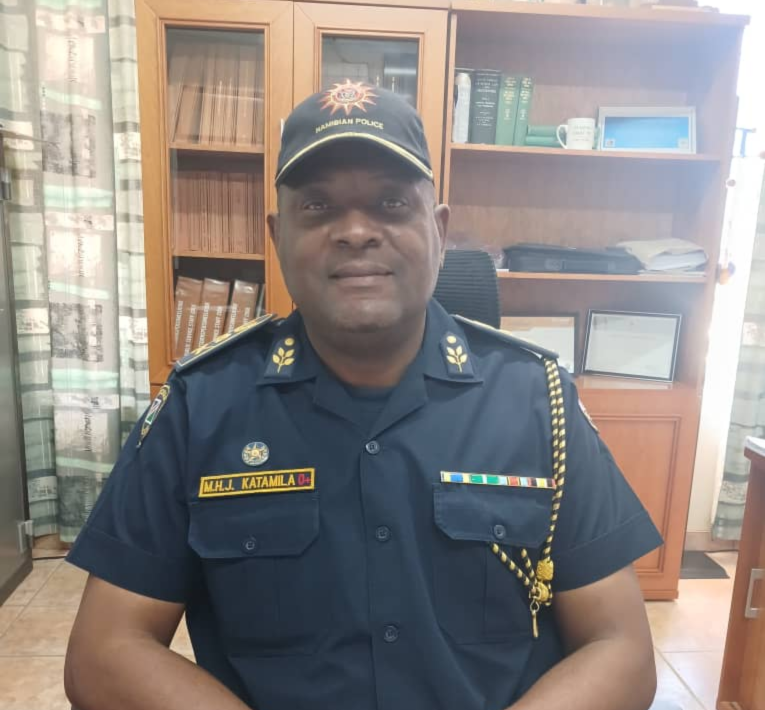Club London in Windhoek was the place to be for teens and youth around the city as they gathered for the First Lady of Namibia Monica Geingos’ event, titled ‘Be Free’.
With the aims of sparking conversations about sex, alcohol, drugs and other youth-related issues with experts on a panel, it was definitely an informative and entertaining Saturday. Held on 12 November, the venue may have been a surprise for some, but symbolised how clubs affect the daily lives of the youth. YouthPaper attended the event and the experience was one to remember.
Expert Advice
The ‘Be Free’ initiative was started by the Office of the First Lady in collaboration with the Joint United Nations Programme on HIV-AIDS (UNAids) and United Nations Population Fund (UNFPA) “in an effort to play a role towards the educating of young minds”. Tackling gender-based violence and teen issues, the discussions among parents, media practitioners and social media influencers, this dialogue was a way for the youth to express their concerns. With Keith Vries as the host and artists such as Chikune and KP Illest performing, the day of talks was well-attended and enjoyed.
Starting off the conversation Ngamane Karuaihe-Upi, or Uncle G as he is affectionately known, represented fathers as he spoke of ‘being there’. “When it comes to parents and dealing with teenagers, some things make sense – you get to know something. But some think that if you know 5% of something, you know it all. We (as parents) are wiser – been there, done that. When it comes to talking about the challenges of life, I am the master.” He also mentioned the problems with teenagers. “As parents, we see that you are over-entertained and under-groomed. It’s an issue we need to tackle.”
Chrisna von Gericke-Fourie, a medical doctor and managing director of Turn The Tide Namibia, shared wise words as well. “All over Namibia, there are so many young people with emotional pain and low self-esteem. It leads to anger and substance abuse. When you compare yourself with other people, you’re never good enough. But there’s a truth we should believe: Each of us were made unique. God has a dream for you, even though you don’t believe it. You are free to dream. You have to believe in yourself.”
Also encouraging the youth, Rosa Namises, a former politician and founder of Dolam Residential Child Care, apologised on behalf of parents and welcomed the teens to talk to their parents and guardians. “We have a challenge when we gave birth to you. We grew up when access to information was not a privilege or a right. We are struggling to keep up and bring you up. We are struggling to ask, ‘are you dating?’ or ‘do you have sex?’ We are single also because we have been disappointed in our lives and we are afraid it will happen to you. We have been missing important parts of your lives and we are very sorry. I want you back, my child. I want you back.”
Hannelie Eksteen, a bereaved mother, shared the story of how her son passed away not too long ago, and said children should speak to each other more. “It was a very difficult time in my life. It has been eight years. You have to process the unthinkable. We grieve in different ways, but the sooner we accept that, the better. The youth don’t have a strong support system.”
Contributors To The Conversation
Youth contributors who voiced their opinions on the issue felt that most of them were willing to share, but they were being told that they do not have rights in their parents homes. The solution? Speaking more. “I speak now. I am a work in progress. Don’t compromise your self worth,” Kaylin Kalondo, a contributor, said.
Other speakers included Confidenté’s editor Max Hamata who spoke of the media’s role in children’s lives, as well as the Namibia Press Agency’s Francois Lottering. “Start writing your stories. I want to encourage all schools to be in the right club,” Lottering said. Also adding his two cents, DJ Kaycee from 99FM, said that we live in a complex time. “It is challenging – social media can be our friend. We just need to find a way to make it cool again.”
Kaleidoscope’s digital manager, Lulu Zeko, also felt that our voices were important. “As the youth, we need to continue finding our voice. There are adverse effects of social media, but there are also positive effects. Be expressive and continue to find your voice.”
Concluding the event, Geingos had this to say: “Many issues have risen from this environment. Ffteen, 16 and 17-year-olds are here. We would rather speak to you about the consequences. One in three sexual encounteres are forced.
It’s likely that your child’s first sexual experience did not involve consent. From 15 to 24, adolescent girls are at the risk of contracting HIV-AIDS. We need to start looking at ourselves and being honest. Politics can divide us, but social issues can unite us. We need to be free of our demons. Each of us has a demon that we are fighting. Your demon wins when you don’t recognise that it is your demon.”
Stay informed with The Namibian – your source for credible journalism. Get in-depth reporting and opinions for
only N$85 a month. Invest in journalism, invest in democracy –
Subscribe Now!






